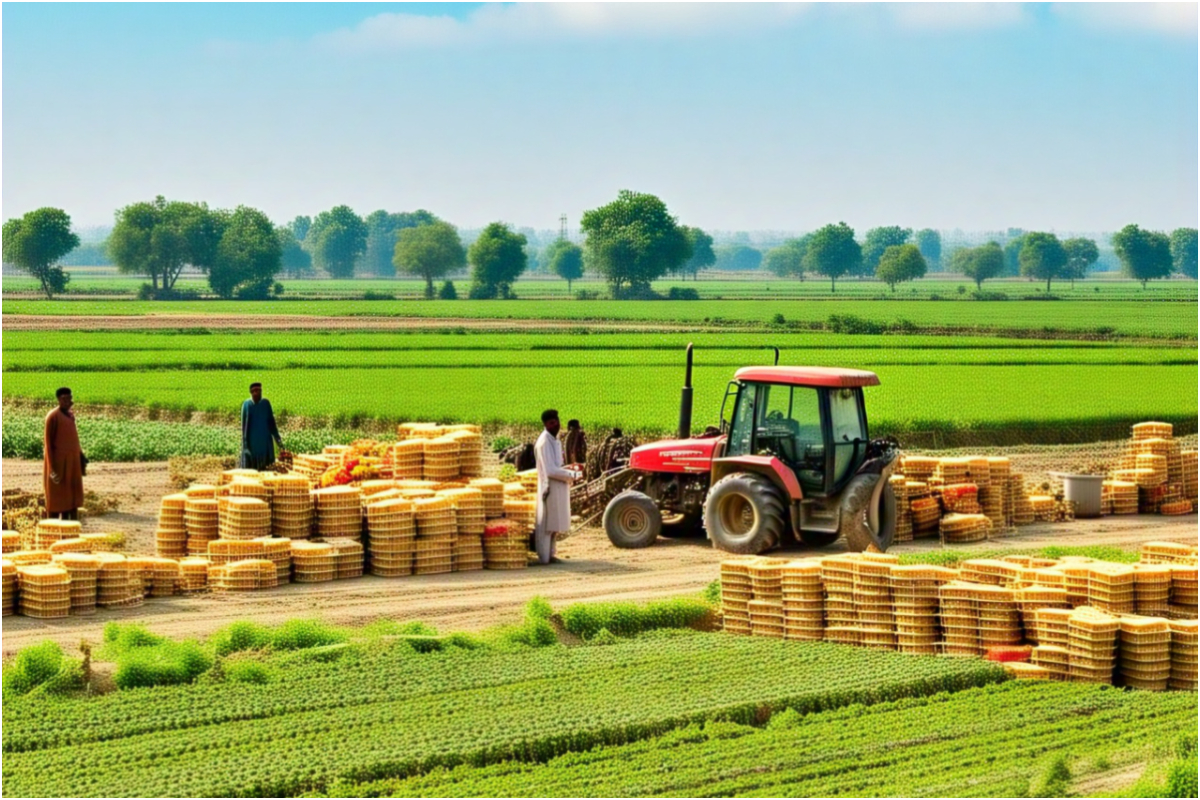KARARCHI: Pakistan’s crop yields can be elevated to global averages through product innovation and the integration of technology into farming practices.
These insights were shared during a webinar titled “Transforming Agriculture for a Food-Secure Pakistan” held to commemorate Global Fertilizer Day.
The webinar was moderated by Zarrar Khuhro, a renowned talk show anchor, and featured Dr. Zaheer Ahmed Zahir, Director of Institute of Soil and Environmental Sciences at the University of Agriculture Faisalabad, Atif Mohammad Ali, Vice President Marketing at Engro Fertilizers, and Jawwad Hasan, CEO and co-founder Agrilift assubject matter experts.
Atif Mohammad Ali highlighted the importance of educating farmers on modern techniques and promoting the balanced use of fertilizers to tackle the challenge of low yields. Engro Fertilizers, as pioneers in driving innovation for the sector, has introduced specialty fertilizers like Zabardast Urea and Engro Zarkhez, which meet the nutrient needs of local soils beyond just nitrogen.
He also mentioned that Engro Fertilizers recently launched UgAi, Pakistan’s first integrated agri e-commerce platform, which allows farmers to directly purchase fertilizers from the company. The platform also offers advanced drone technology and satellite imagery, enabling farmers to make data-driven crop decisions.
Zarrar Khuhro noted that while the agricultural sector contributes 24% to Pakistan’s GDP and employs 40% of the workforce, it still has significant untapped potential. The sector faces multiple challenges, including climate change, soil health issues, limited access to capital, and reliance on traditional farming methods.
Dr. Zahir emphasized that food security goes beyond affordability and accessibility to also include the quality and nutrition aspects. This can only be achieved with the use of high-quality inputs. He urged policymakers and stakeholders to prioritize access to quality inputs.
Jawwad Hasan outlined that the challenges facing Pakistan’s agriculture sector present an opportunity for stakeholders to collaborate and leverage technology for actionable insights.
While there can be resistance among farmers when adopting new technologies, he noted that larger farmers are increasingly recognizing the benefits and are more open to changing their practices.


